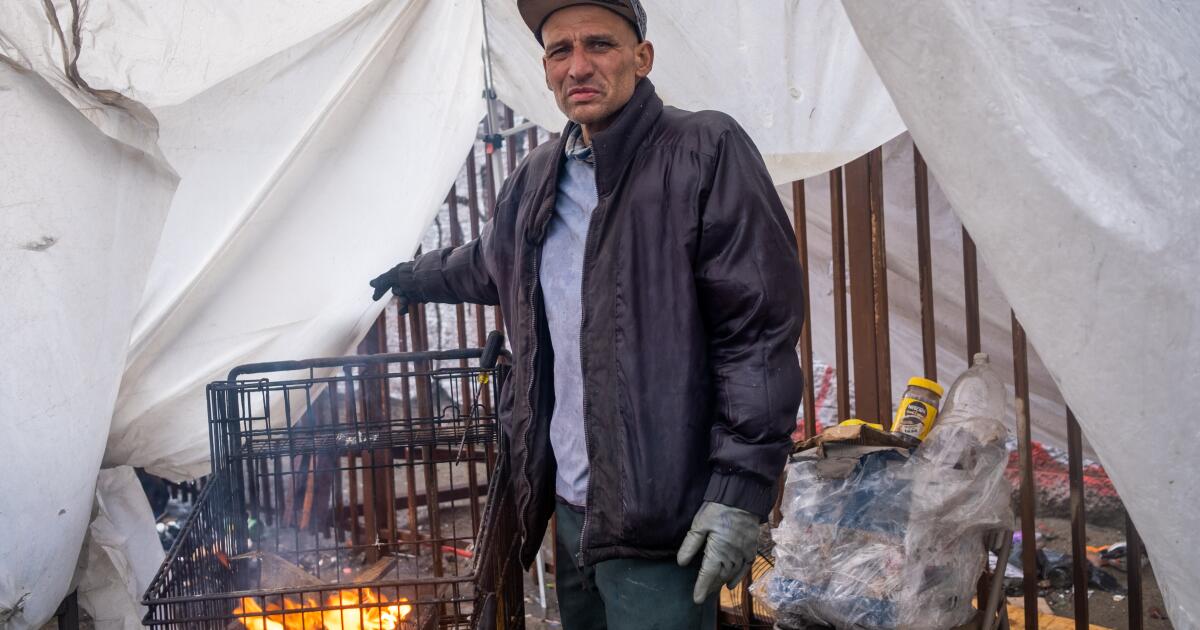If 100 homeless people were given $750 per month for a year, no questions asked, what would they spend it on?
That question was at the core of a controlled study conducted by a San Francisco-based nonprofit and the USC Suzanne Dworak-Peck School of Social Work.
The results were so promising that the researchers decided to publish results after only six months. The answer: food, 36.6%; housing, 19.5%; transportation, 12.7%; clothing, 11.5%; and healthcare, 6.2%, leaving only 13.6% uncategorized.
Those who got the stipend were less likely to be unsheltered after six months and able to meet more of their basic needs than a control group that got no money, and half as likely as the control group to have an episode of being unsheltered.



Again, I said- without resorting to fantasy. None of those things are even remotely possible.
Okay? It sounds like you just don’t want an answer. Many of those changes are actually very possible if more young people start voting in elections instead of just being apathetic or having that defeatist/“realist” attitude. If you think nothing can get better ever then yeah, every solution is “fantasy.”
They’re possible, but not remotely probable. And I’d love an answer. Just one that has a remote chance of actually happening. My head isn’t in the clouds banking on wishful thinking. I’m down here on the ground, trying to keep my expectations based on reality.
I realize this is an unpopular opinion, but as the saying goes:
A pessimist is a well-informed optimist.